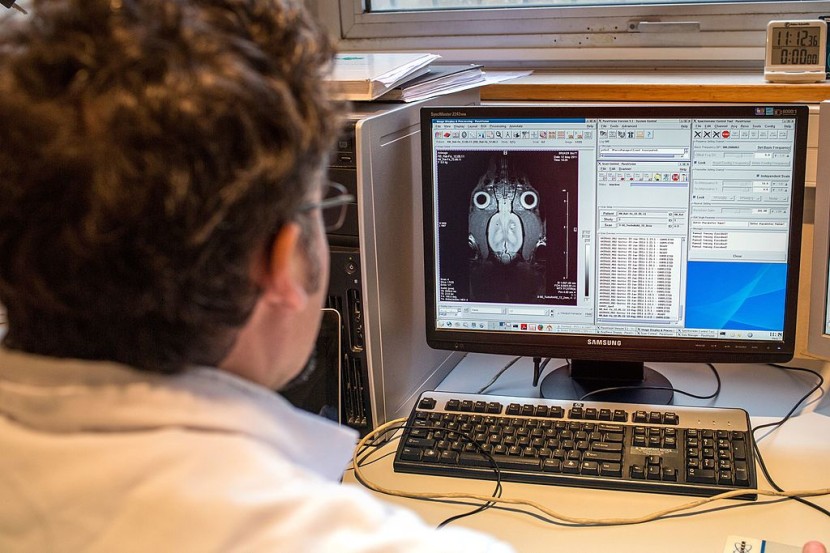
In a study released on Monday, scientists identified 16 new genetic variations in persons who acquired severe COVID-19, which might aid researchers in developing therapies for severely sick patients.
The findings show that patients with severe COVID-19 have genes that predispose them to one of two issues: the virus's capacity to replicate itself or excessive inflammation and blood clotting.
According to the researchers, their findings, which were published in the journal Nature, might assist in selecting the most likely therapies for the condition. Eventually, the data may be used to forecast which patients are most likely to get ill.
Kenneth Baillie, consultant in critical care medicine at the University of Edinburgh and one of the research authors, told reporters, "It is possibly plausible in the future that we may be able to make predictions about patients based on their genome at the moment of presenting (for) critical care."
When compared to the DNA of other groups included in the study, the genetic analysis of approximately 56,000 samples from persons in the United Kingdom revealed changes in 23 genes in COVID-19 patients who were severely sick, including 16 abnormalities that had not previously been detected.
The new findings might aid researchers in their hunt for current medications that could be effective in the treatment of COVID-19. Eli Lilly's arthritis medicine baricitinib, which is currently being explored as a therapy for COVID-19, targets one of the previously found genes, TYK2. Among a recent experiment, the medication was demonstrated to reduce the risk of mortality and hospitalization in COVID-19 patients by 13%, according to Channel News Asia.
New Gene Differences Linked to Severe COVID-19 Symptoms Discovered
Meanwhile, scientists discovered in research that underscores COVID-19's worrying influence on the mental function that even a minor case can harm the brain and cause muddled thinking.
Researchers discovered COVID-19-related brain damage months after infection, including shrinking in size comparable to a decade of typical aging in the area connected to scent. In the study, which was published in the journal Nature on Monday, the alterations were associated with cognitive deterioration.
The findings show that the virus has a significant influence on the central nervous system. More research is needed to determine whether the evidence from the Wellcome Center for Integrative Neuroimaging at the University of Oxford indicates that Covid-19 will exacerbate the global burden of dementia and other neurodegenerative diseases, which cost an estimated $1.3 trillion in the year the pandemic began.
The SARS-CoV-2 virus is usually regarded as a lung-infecting respiratory pathogen. Taking a restricted perspective of it, on the other hand, ignores a slew of neurologic consequences that appear during the acute phase of the disease, such as disorientation, stroke, and neuromuscular issues.
Other side effects, such as poor attention, headache, sensory abnormalities, depression, and even psychosis, can last for months as part of a symptom cluster known as protracted COVID-19, as per Live Mint.
Coronavirus Also Found in Several Animals
According to the current research, the coronavirus has been detected in 29 different types of animals, including domestic pets, livestock, and wildlife.
People infect animals in the vast majority of instances, and animals do not transmit the virus back to humans. However, experts are concerned about a new study that suggests some animals, such as mink and deer, may be able to transmit the virus to people.
Furthermore, the virus will most certainly continue to circulate in wild animals, resulting in new changes, some of which may render the virus less vulnerable to existing vaccination protection. Researchers are urging for more animal observation, particularly in the wild, in order to track any new varieties, Web MD reported.
Related Article : COVID-19 Infection Leads to Brain Tissue Damage, Extra 1 Year of Aging, British Study Finds
@YouTube








